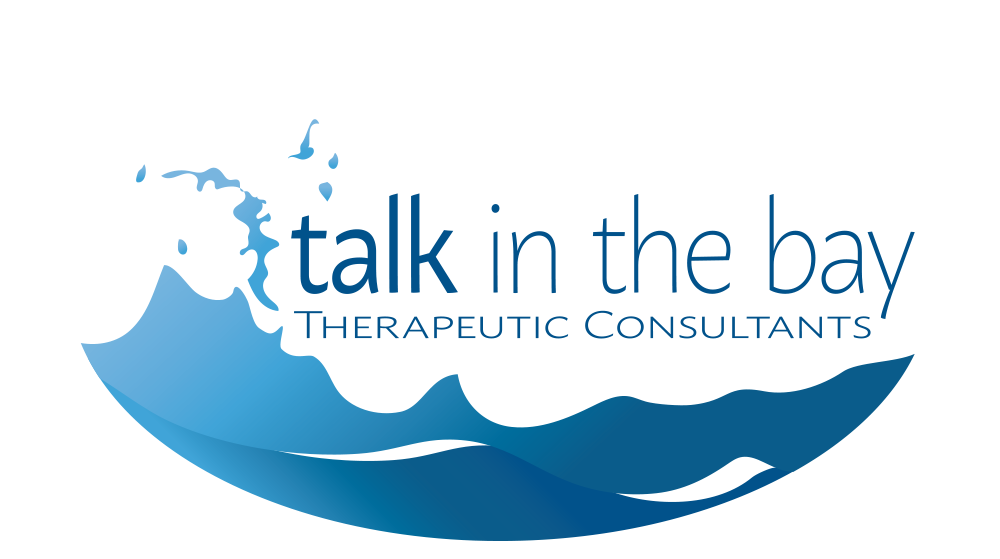What is the difference between Counselling/Psychotherapy and Life Coaching/NLP?
What Counselling/Psychotherapy and NLP Master Practitioner have in common:
- Help with life’s challenges
- Timescale can be short, medium or long term
- They all work with loss, transition, change, self-discovery, relationships, self-esteem, anxiety, stress, depression
- Help develop a healthier mindset
There is a difference between being trained as an NLP Life Coach and an NLP Master Practitioner. Whereas an NLP Life Coach does not have formal training to deal with mental health issues an NLP Master Practitioner has the knowledge to do so.
The British Association for Counselling and Psychotherapy (BACP) describes NLP as combining “…cognitive behavioural and humanistic therapies with hypnotherapy. It works on the theory that life experiences, from birth onwards, programme the way you see the world. Practitioners help you to discover how you have learnt to think or feel so that you can take control of your actions. They will also look at your successes, so you can use these to develop further successful skills and behaviours.
NLP is generally used as an additional way of working with other types of therapy rather than on its own.”
(https://www.bacp.co.uk/about-therapy/types-of-therapy/)
The Association for NLP writes that “NLP and coaching differ from therapy because they start with a belief the client is OK, well and whole, and simply wants some help moving from where they are now to where they would like to be.”
(https://anlp.org/knowledge-base/knowing-your-scope-of-practice)
ANLP defines NLP as follows:
“NLP combines theories, models and techniques from a range of scientific and esoteric fields, to create accessible, understandable ‘tools’ which can be used by individuals, teams and organisations and applied in a variety of contexts to improve outcomes, support wellbeing and create change”
(https://anlp.org/knowledge-base/definition-of-nlp)
Many techniques, theories and tools can be very similar to what you may experience in a counselling and psychotherapy session. Clients may choose to have NLP following psychotherapy or alongside it to boost action for change in life.
ANLP also clarifies what it is not:
Psychotherapy
Psychology
Psychoanalysis
Counselling
Hypnotherapy
Clinical Therapy
Pseudoscience
How do I choose between Counselling/Psychotherapy and Life Coaching/NLP?
If you believe you are struggling with complex psychological issues and do not receive therapy or other support for this you may wish to work with a counsellor or therapist. If you feel stuck or are unsure how to change things to improve your life and live the life that you want, Life Coaching or NLP might be right for you, whether or not you experience issues such as anxiety or depression.
NLP practitioners are trained to recognise subtle, unconscious clues
so that they can understand how their client is feeling. A Practitioner can identify the
self-imposed restrictions the clients have put on themselves through unveiling
the client’s mental map and working with them to move forward.
